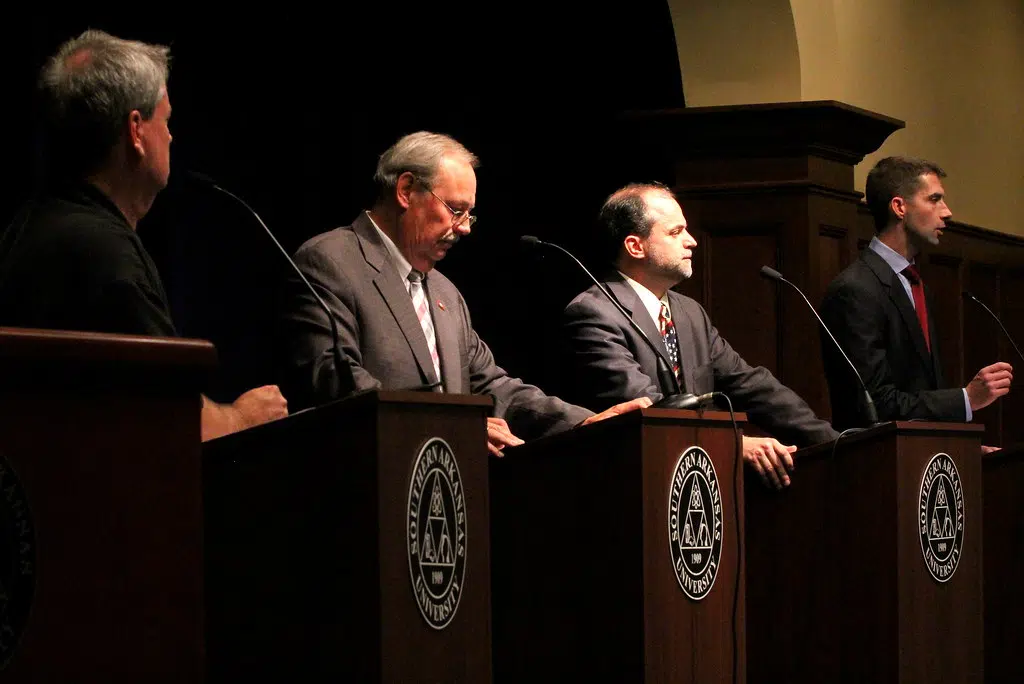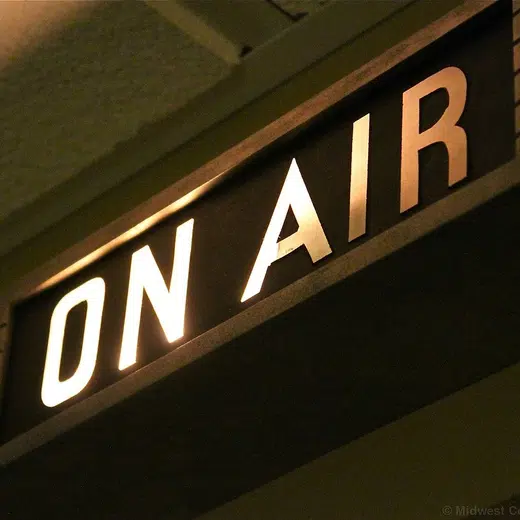CONLEY COMMENTARY (WSAU) – My opinions about political debates were shaped during the time I worked in New Hampshire. It was 1992, a primary year. The presidential race would become Bill Clinton vs George Herbert Walker Bush.
In New Hampshire, it’s very easy to get on the ballot. A determined fringe candidate could spend a few weekends in a mall parking lot could gather enough signatures. So… should Farmer Jones or Retired Factory Worker Smith get on the debate stage? Of course not. The debate stage is for candidates who are viable.
Debates are almost always organized and hosted by private groups. And the orgnizers of private events get to determine who is viable and who isn’t. Both political parties have decided that there are standards, mostly based on polling and fundraising, as to who participates. The bar to qualify should be higher, the number of participants should be smaller.
Why?
Because an eight-person debate is unwieldy. Not every candidate gets to respond to every issue. You almost have to be rude – or very assertive – to be heard.
So how would I run a debate? Three candidates, and three only, get to participate. So the debate should be later in the process, not more than a year before the election. By then the candidates will have sorted themselves out. I favor a debate where the candidates question each other. The moderator’s job is to keep them from talking over each other and to move the conversation from one topic to another.
Someone will argue that smaller, underfunded candidates will have little chance of winning if they can’t be heard and seen by voters. True. But debate organizers and the media are not the PR arms of underfunded candidates. It’s the candidates’ job to create enough excitement and interest in their campaign to make themselves viable.
I want to hear more from Tim Scott and Vivek Ramaswamy. I want to hear nothing more from Chris Christie or Mike Pence. All of them are polling in the single numbers. They should not be allowed to take up time during debates.
Chris Conley






Comments